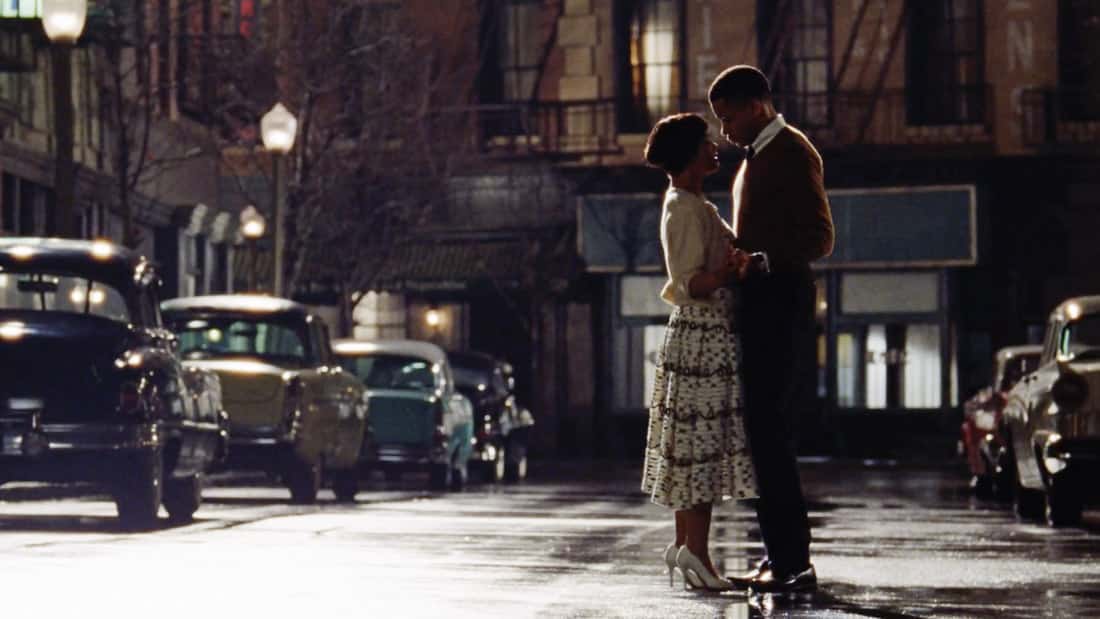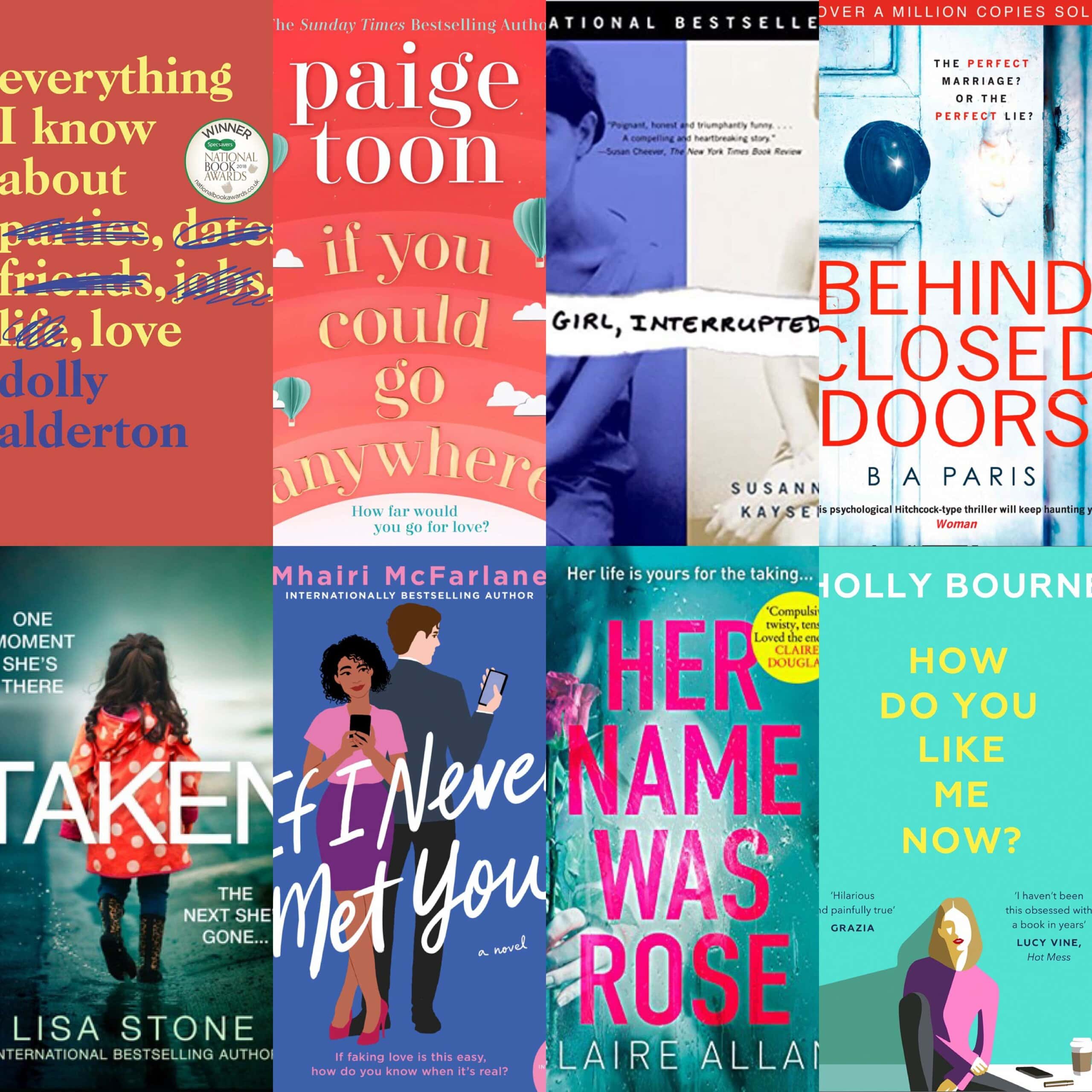Movie Review: Sylvie’s Love
17th January 2021
Copyright: Amazon Studios
Capturing the glitz and glam of The Big Apple is no small accomplishment. To define an era of artistry with as much care for the small details as well as the overarching history is a testament to not just the talents of the cast and crew who do so, but of the inevitably strong and lingering impression this music and culture provided. Sylvie’s Love presents not just great artistry, but a strong understanding of the jazz scene found in the late 50s and early 60s within America. Under the steady hand of director Eugene Ashe, a lovingly dedicated dissection of love and blues comes to the forefront, as romance blossoms between a young record store employee and an ambitious, hardworking saxophonist.
This relationship is presented with such care and interest. One of the great pitfalls of the modern film is that its romance is one-note and flimsy. Tessa Thompson and Nnamdi Asomugha provide a great swathe of notes that riff as well as the great jazz musicians of the period they find themselves in. Sylvia (Thompson) and Robert (Asomugha) have exceptional chemistry and interest shared between one another. Reality soon crashes into them, though, the various obstacles they must avoid and swerve around in both their personal and professional lives put strain on their budding interest between one another.
Bright colours surround these characters as their relationship begins to spark, the bustling streets of New York are built up with confidence and clarity. While it may not be far removed from the tropes of the romantic genre, the distance between Sylvie’s Love and predictable notes of romance is noticeable. A sudden, happenstance introduction to these two characters paves the way almost immediately for a succession of key scenes that build and subsequently break the relationship. That is where Sylvie’s Love begins to fall apart, its ditsy dithering and almost aimless response to the brief arguments between the leading characters will steal the spotlight from the great references of jazz and culture of the time.
Still, even with a lengthy list of issues, they are surmountable. A likeable cast do most of the heavy lifting, Thompson, Asomugha and a fleeting few scenes from Lance Reddick provide more than enough wholesome, genuine work, tackling a script that feels fairly natural and grounded. Credit where it is due, Sylvie’s Love comes together with honest intent, Ashe captures the love not just between two individuals, but of a city also. A testament to their craft and also their talents, throwing audiences back to the days of old-style romantic antics that dominated the box office throughout the 1950s and 60s. Ashe and crew tap into this well enough, but their replication should have led to innovation.
![]()


